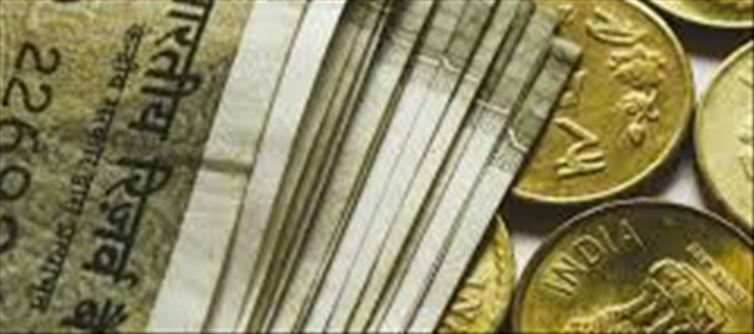
How much wealth did the british loot in 200 years?
Britain ruled india for about 200 years. This was the period when there was severe poverty and famine in India. During this time, the british looted India's wealth. In this episode, famous economist Utsa Patnaik has answered the question that every indian wants to know.
Patnaik has recently told in an article published in Columbia university Press that the rulers of britain have taken more than 45 trillion dollars from india, due to which the country has not been able to come out of poverty completely to date.
Utsa Patnaik gave the answer
Famous economist Utsa Patnaik said that despite britain leaving india 70 years ago, the marks of colonialism still remain. Patnaik said, "By measuring the export surplus income from india between 1765 and 1938, an amount of 9.2 trillion pounds (45 trillion dollars) was taken out, which was added in the form of compound interest at an interest rate of 5 percent." He further said, "Indians were never given due credit for their precious resources like gold and foreign exchange earnings, which were spent in feeding the people of the british country."
'Per capita income remained almost stagnant from 1900 to 1945-46'
According to Utsa's research, the country's per capita income remained almost stagnant during the period 1900 to 1945-46. India's per capita income was Rs 196.1 in 1900-02, while it was only Rs 201.9 in 1945-46, a year before India got its independence. During this period, the per capita income rose to a maximum of Rs 223.8 in 1930-32. All this happened when india recorded the second largest export surplus income in the world for three decades before 1929. He further said, "Every year the British used to grab resources equivalent to 26-36 percent of the central government budget. This caused a lot of problems in india becoming a developed nation. The economist believes that if this international earning had remained in india, the country would have been far ahead in terms of proper healthcare and social welfare indicators.




 click and follow Indiaherald WhatsApp channel
click and follow Indiaherald WhatsApp channel